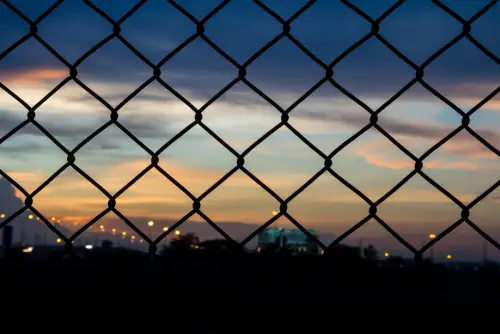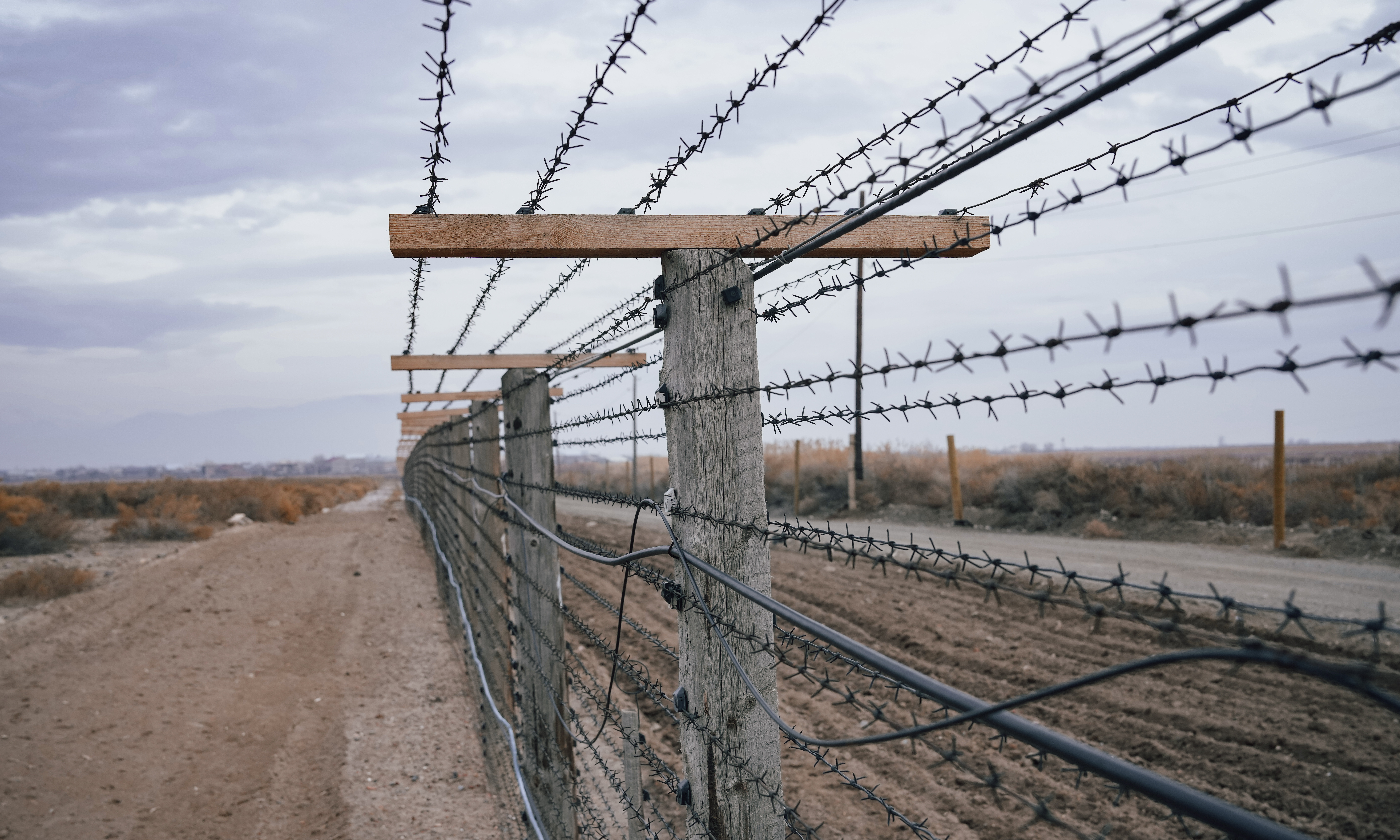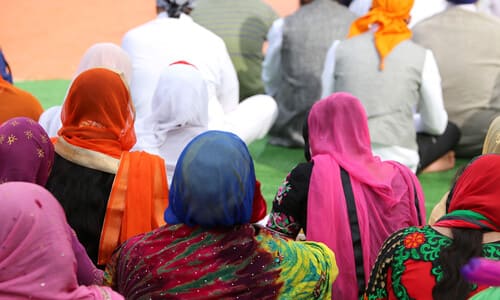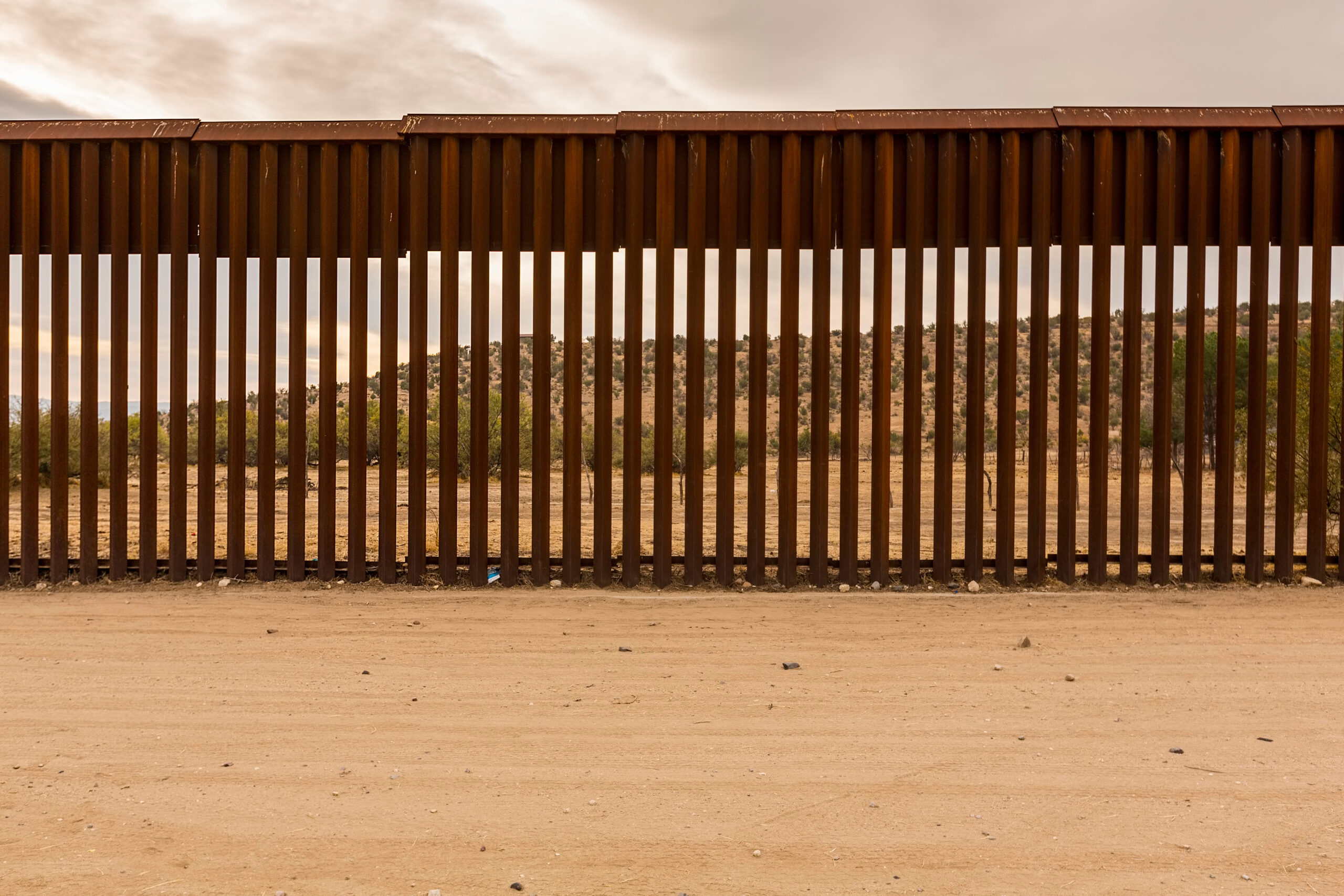Border Patrol agents have been wrongfully confiscating and discarding turbans from Sikhs crossing the border at Yuma, Arizona. At least 64 individuals have suffered from this maltreatment by Border Patrol agents, according to a report issued by The Intercept in August 2022. Since many individuals are reluctant — or afraid — to file a complaint, the actual number is estimated to be much higher.
The practice is not only brutal, leading to multiple stories of humiliation and demoralization, but also in direct opposition to policies set forth by Customs and Border Protection (CBP).
Inhumane Treatment and Confiscation of Turbans Rattles Sikh Asylum Seekers — Who Are Fleeing Persecution in Their Home Region
To a Sikh, a turban is a sacred possession, something that symbolizes the pact they make with their community and their God. It protects their uncut hair (kesh) from public exposure or public touching, the latter of which is forbidden. It also serves as an instant visual identifier declaring their membership within the 27 million-strong religious community, making it not just a point of personal pride but also an icon of individual identity. Each Sikh man wears his turban in his own way, but always in adherence to the principles set forth by Guru Gobind Singh over 300 years ago.
One can easily understand, then, the feelings of betrayal, anguish, and outrage over the unnecessary practice U.S. Border Patrol agents have engaged in over the past several years: stripping applicants to the asylum program of all of their possessions — including personally sacred objects like turbans and hijabs — and disposing of them in a dumpster.
In response to the reports, a letter of protest was sent by the American Civil Liberties Union (ACLU). The letter also detailed several suggested practices that could avoid the desecration of sacred belongings while remaining in compliance with CBP policies. The Government Accountability Office (GAO) responded to the complaints with a letter promising an investigation into the practices beginning in early 2023, but no follow-up has been provided to the public as of yet.
Men’s Head Left Bare, in Violation of Their Religious Code, for Weeks or Months
Speaking to The Intercept, Deepak Ahluwalia, head attorney at Singh Ahluwalia Attorneys at Law, reminded the public that “the turban is sacred to Sikhs.”
The dehumanizing practice has been ongoing, and not just at the Yuma border crossing that was the focal point for initial reports.
Worse, many of these individuals are not provided access to any head covering for the duration of their detention while awaiting processing for asylum. “It can be weeks and even months before these young men or women can cover their head,” said Ahluwalia, adding that the headwear “is not only part of their faith but part of their identity.”
Sikhs Fleeing Religious Persecution Find Inhumane Treatment at the Border
The actions of border patrol agents are extremely upsetting to individuals seeking asylum, who have often traveled thousands of miles at great personal expense and disruption to their own lives.
Most Sikhs hail from the Punjabi region of north India, where families and especially Sikh men, are currently being targeted with harassment, hate crimes, and — increasingly — violence.
India’s current reigning far-right nationalist party rose to prominence partly on the success of appealing overtly to reactionary sentiments, including anti-Sikhism. After a devastating failure to capture votes in the Punjabi region, many speculate that Prime Minister Narendra Modi’s majority Bharatiya Janata Party (BJP) is trying to consolidate power by stoking resentment and fear against Sikhs.
The current fearful climate within Sikh communities throughout India recalls the atmosphere just before the brutal 1984 anti-Sikh riots, where anywhere between 3,350 (official government estimates) and 17,000 (high range of independent source estimates) Sikhs were killed across the country in “riots” that were openly encouraged and unmitigated by the government.
Fearing a repeat of that tragic and awful history, thousands of Sikhs and other Indian citizens have fled their home country in order to seek asylum in the United States. In October 2022, the BBC reported that “a record 16,290 Indian citizens have been taken into US custody at the Mexican border,” noting that “the previous high of 8,997 was recorded in 2018.”
Many Sikhs feel that the exact point of pride and icon of their allegiance to the global Sikh movement — their turban — is the same thing that leads to their being targeted for discrimination, both at home and abroad. When anti-Muslim sentiment swelled in the wake of the September 11, 2001 attacks, Sikhs were routinely targeted in public by misinformed individuals assuming they were Muslim.
While inhumane treatment in detention by Border Patrol agents is nothing new, the targeting of Sikhs specifically because of their turbans tends to come from misunderstanding, mistrust, and lack of training from U.S. Department of Homeland Security agents. A 2005 poster produced by the DHS suggests that CBP agents searching a Sikh individual take them aside to another private room “if available” before searching the individual, even though exposure of the uncut hair to anyone in public is impermissible, regardless if it’s just one individual.
The callous practices of Border Patrol agents also stand in direct opposition to their own policies, which require important personal items to be held and returned rather than discarded while also allowing detainees to retain personal items that do not “pose a threat to the security or good order of the facility.”
Sikhs Come to America Looking for a New Life, Religious Freedom
The overwhelming majority of Indian nationals seeking to live in the United States are doing so legally, under the U.S.’s own rules for granting asylum. As millions in India fear religious persecution, government oppression, and the increasing prospect of civil unrest, they are fleeing to a safe haven in America.
CBP policies are supposed to enforce humane treatment during all interactions, with respect given to individuals’ religious garb and other sacred possessions.
Many agencies have only recently begun to permit the wearing of a turban for Sikh members, including the Marines. But at the same time, Sikh individuals are often discouraged or outright prohibited from wearing their turban when in supposed conflict with dress codes or employee safety measures. Litigation in this field is ongoing, with organization after organization having to be told, “You can’t do this; it violates human religious rights.”
In the 17th century, when the tenets of modern Sikhism that included the instruction to wear a turban and not cut hair were first handed down, the wearing of the turban symbolized a great equalization in Sikh society. Up to that point, only the wealthy caste was permitted to wear turbans; the new directive meant that all Sikhs of all means would be united in their wearing of the same head garb.
“Today, a Sikh American who wears a turban signals that he or she is always ready to put himself — or herself — forward to serve the community’s needs,” writes the grassroots movement for public advocacy We Are Sikhs. “It represents their commitment to equality, unity, and service that is at the heart of the American ethic.”
The treatment Sikhs now face at the border, therefore, is decidedly un-American, not just in the sense of mistreating others who may not be like the majority but also in the sense of rejecting the very core values we claim to uphold as a country.
If you are facing discrimination or challenges in regard to admission into the United States, your treatment at the border, or the treatment of a family member currently being held in a U.S. facility, do not hesitate to reach out to Singh Ahluwalia Attorneys at Law. We are available to assist, and we are dedicated to fighting for your rights to seek out your dreams, free from persecution.
Call our California asylum lawyers at (559) 878-4958 or contact us online to schedule your confidential case review with no obligation.









